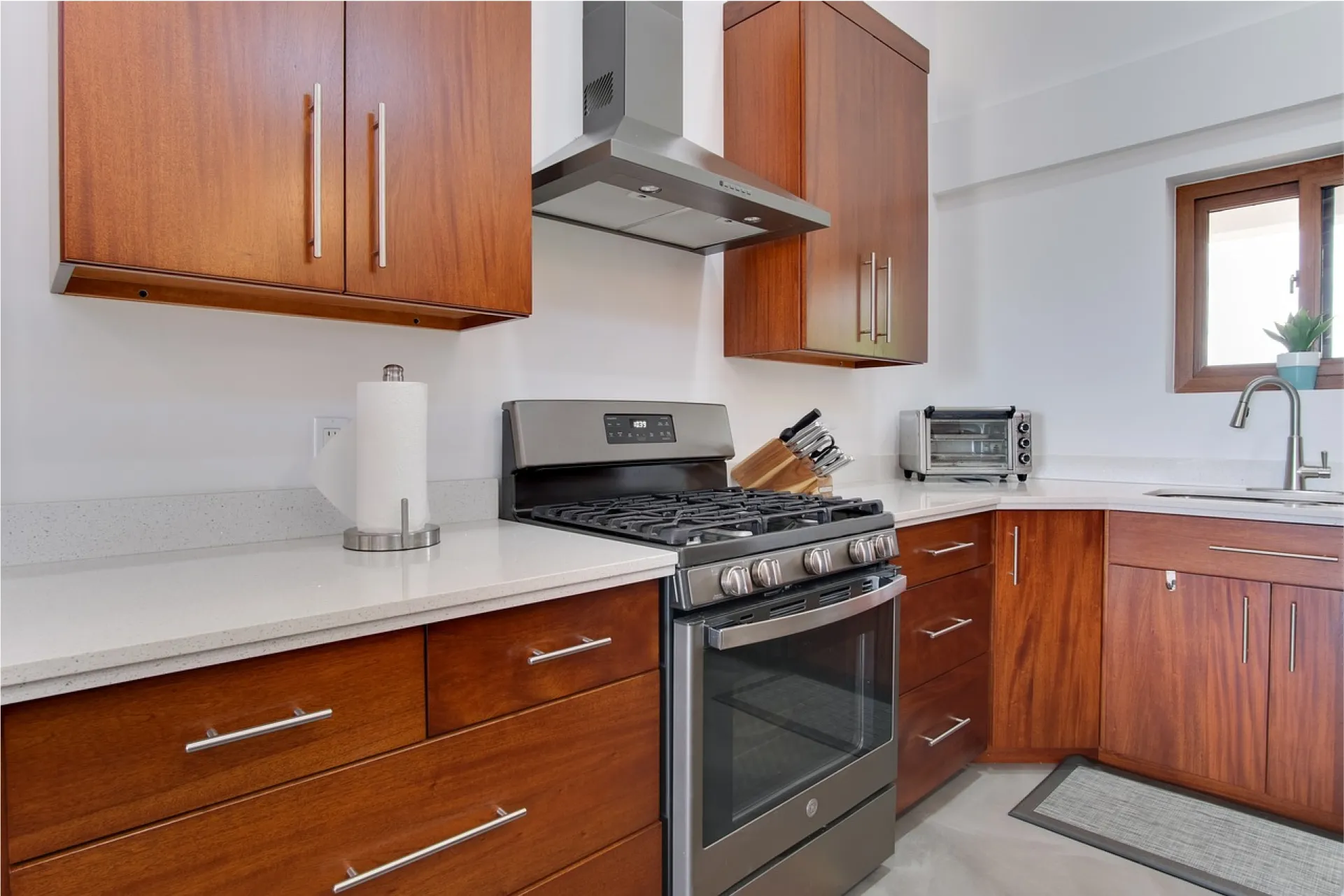Glass tempering furnaces are integral to the production process in the electrical glass industry, where they play a crucial role in enhancing the durability, thermal resistance, and electrical insulation properties of glass components used in various applications.
Purpose and Functionality: Glass tempering furnaces are designed to heat glass panels to high temperatures and then rapidly cool them, creating internal stresses that strengthen the glass. This process, known as tempering, increases the glass's resistance to thermal shock and mechanical stress, making it suitable for use in electrical applications where reliability is paramount.
Types of Glass: The electrical glass industry utilizes a wide range of glass types, including borosilicate glass, soda-lime glass, and specialty glasses with specific electrical and thermal properties. Glass tempering furnaces can accommodate different types of glass compositions and thicknesses to meet the requirements of various electrical applications.
Specialized Applications: Tempered glass is used in the electrical industry for applications such as insulators, circuit breakers, bushings, instrument panels, and LED lighting covers. These components require high mechanical strength, resistance to temperature fluctuations, and excellent electrical insulation properties, all of which can be achieved through the tempering process.
Temperature Control and Uniformity: Glass tempering furnaces in the electrical glass industry are equipped with precise temperature control systems to ensure uniform heating of the glass panels. Consistent heating and cooling profiles are essential for achieving the desired mechanical and electrical properties in the tempered glass.
Surface Quality and Optical Clarity: While mechanical strength and thermal resistance are primary concerns in the electrical glass industry, tempered glass must also maintain high optical clarity and surface quality. Glass tempering furnaces employ advanced heating and cooling techniques to minimize surface distortions and defects in the tempered glass.
Customization and Flexibility: Manufacturers of glass tempering furnaces offer customization options to accommodate the specific requirements of electrical glass products. This includes the ability to adjust heating and cooling parameters, as well as the option to temper glass panels of varying sizes, shapes, and thicknesses.
Safety and Compliance: Glass tempering processes in the electrical industry must adhere to stringent safety standards and regulatory requirements, particularly regarding electrical insulation properties and material safety. Tempered glass products may undergo testing and certification to ensure compliance with industry standards and customer specifications.
Integration with Production Lines: Glass tempering furnaces are often integrated into automated production lines in electrical glass manufacturing facilities. This integration allows for seamless processing of glass components, from cutting and edge finishing to tempering and final assembly.
Energy Efficiency and Sustainability: Modern glass tempering furnaces are designed for energy efficiency and sustainability, with features such as heat recovery systems, insulation improvements, and optimized process controls to minimize energy consumption and environmental impact.




